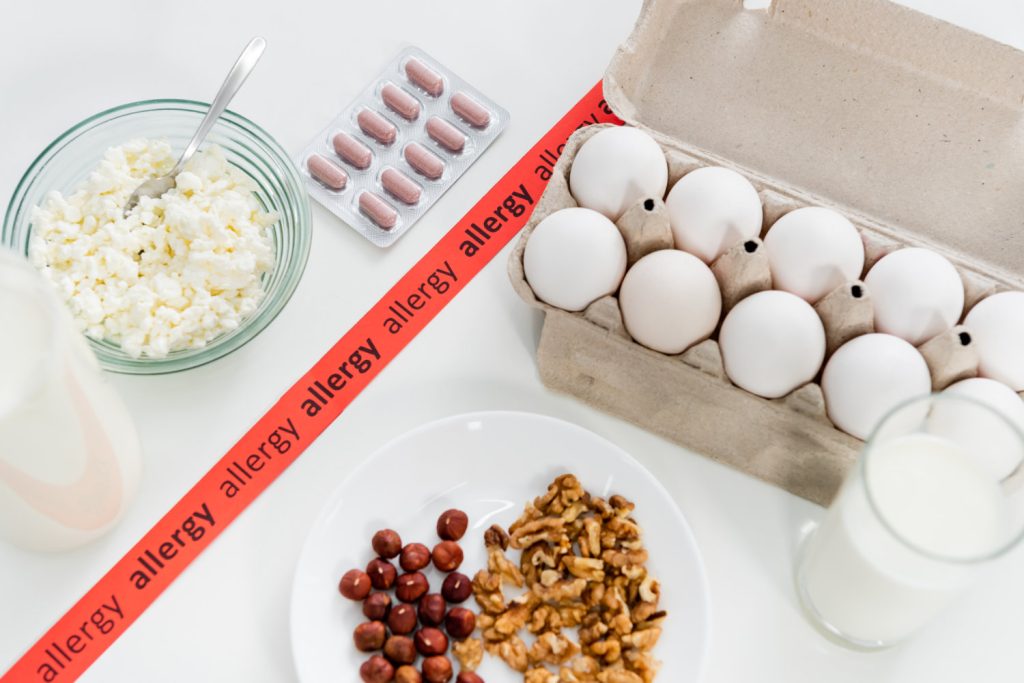Why is Living a Healthy Lifestyle Important to Universal Health Fellowship?
Here at Universal Health Fellowship, we strive to help our members create healthier lifestyles. But in the chaos of life, this can be difficult. Below are a few ideas to help you take tangible steps to a healthier lifestyle:
Try to get 30-60 minutes of exercise in daily
Some days this may not be an achievable goal, but it is important to make time for daily exercise as often as possible. Physical activity improves health and can prevent developing diseases including heart disease, type two diabetes, and cancer. Additionally, it’s a chance for you to take some time to yourself.
Eat a balanced diet
While social media may be preaching the need to cut out all sugar and animal products, a true balanced diet includes all of your favorite foods. Focus on eating lots of fruits and vegetables, whole grains, legumes, nuts, and lean proteins. That being said, don’t be afraid to the unhealthy foods you love too – just stay cognizant of how much you’re eating or those unhealthy foods and how often you’re indulging.
Consider your alcohol intake
Alcohol doesn’t inherently need to be cut out of a diet, but it is best to enjoy it in moderation. It is recommended by the Mayo Clinic that women have no more than one drink a day and men have no more than 2 a day. A glass of wine at dinner or a drink out with friends is the perfect balance of a healthy intake.
Take more walks
Walking is a great way to get physical activity and get outdoors. Grab a friend, some coffee, and take a stroll around your neighborhood!
Encourage household members to be healthy with you
When another person is striving toward a healthy lifestyle alongside of you, it makes it much easier to follow through. It is harder to stray from a healthy routine if you have someone else to help you stay accountable.
Drink more water
Drinking enough water every day not only gives you the hydration you need, but it also continuously flushes toxins out of your body and supports kidney function. By lacking in your daily water intake, you can suffer from more headaches, fogginess of the brain, and have less energy overall.




